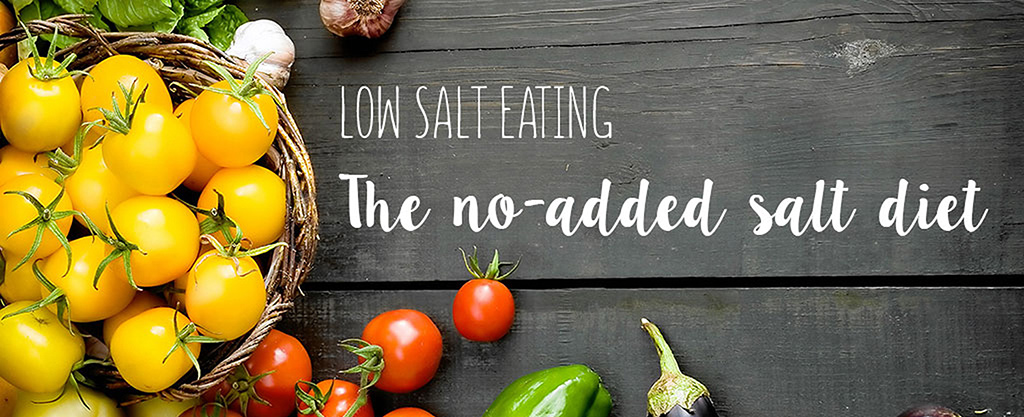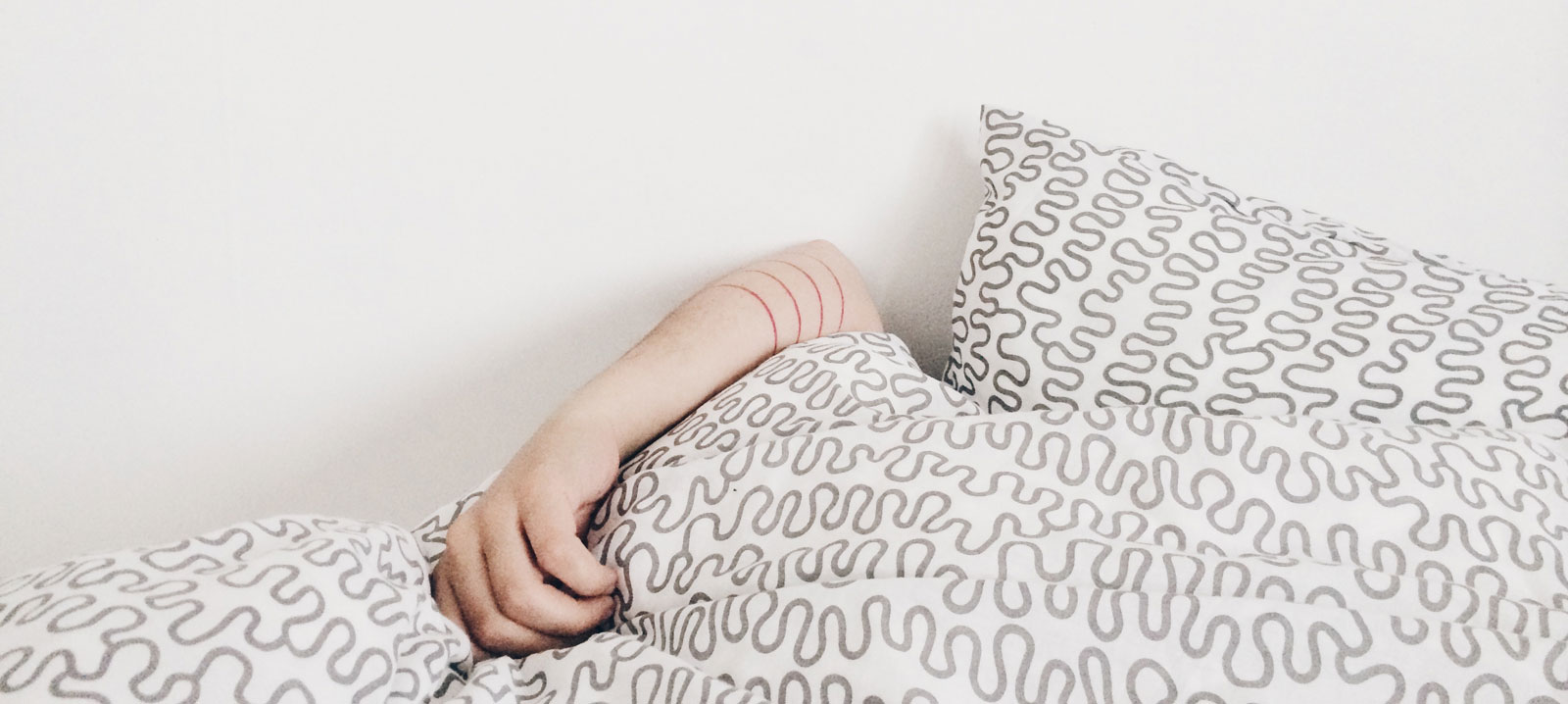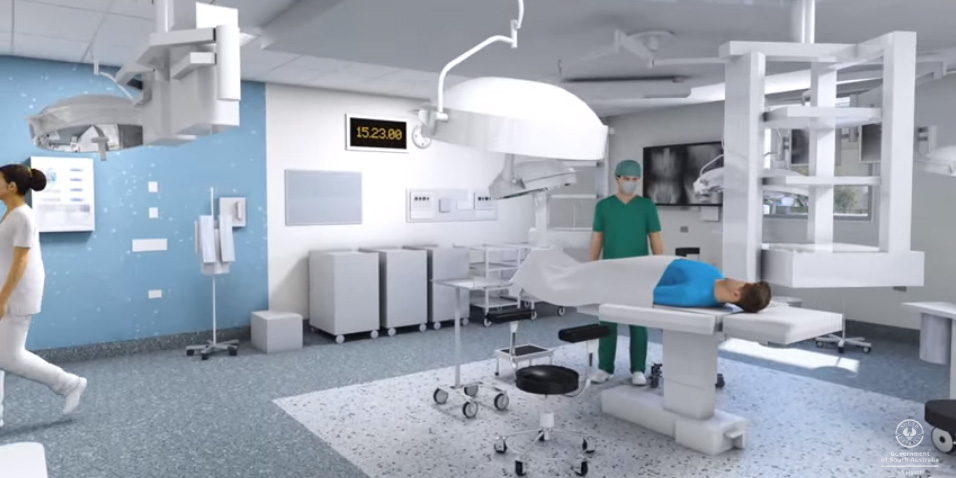My Health Record is an online database, operated by the Australian Government, designed to keep all your medical records in one place. The following information – taken from a paper prepared by Hepatitis New South Wales – describes the benefits and risks of this new system. It will help you make an informed decision and give information on how to opt out if you decide you do not want a record in My Health Record.
Tag: health
Reaching Out to Baby Boomers
Hepatitis Australia is currently developing a campaign to reach baby boomers and other community groups who may have been missed in past hepatitis C awareness raising efforts.
Almost eight out of ten people living with hepatitis C are not current injecting drug users. Although the majority of Australians who acquire hepatitis C did so through unsafe injecting, 67 per cent (124,590) of them are no longer injecting drug users.
Close to 230,000 people were living with hepatitis C at the end of 2015. Of these, 25,000 (11%) were born overseas in regions of high prevalence and almost 16,000 (7%) contracted the virus through transfusion of unscreened blood and blood products, unsterile medical procedures, or mother-to-child transmission.
Eating Low Sodium Part One – the No Added Salt Diet
In this series on low salt eating for people with liver disease we will be looking at how to modify your diet to stay within the recommended daily sodium intake *. This daily limit is for those people who need to control fluid retention and is significantly higher than that recommended for people who need to control high blood pressure. Be sure to check with your doctor which limit is right for you.
Part One will cover the No Added Salt diet recommended by GESA and many other medical associations around the world.
Continue reading “Eating Low Sodium Part One – the No Added Salt Diet”
Mind-body Connection: Keeping your spirits up for a healthier life
If you’re reading this blog, then you probably already care about taking responsibility for your health and well-being. And you probably know that the connection between mind and body is irrefutable – if we can reduce our stress levels, increase our resilience and find satisfaction in life then our physical health will benefit too.
Continue reading “Mind-body Connection: Keeping your spirits up for a healthier life”
Struggling with Sleep? Why things we love to do keep us awake at night!
Sleep is especially important when you have viral hepatitis. Your body is already dealing with the effects of hepatitis B or C and your liver is in need of extra care. Along with a nutritious diet and regular, moderate exercise, sleep is at the core of staying as well as possible.
Your liver performs different functions at different times. Sleeping at the time when your liver is working the hardest – thought to be between 9 pm and 3 am – can give it a break and potentially improve how well you feel during the day.
Continue reading “Struggling with Sleep? Why things we love to do keep us awake at night!”
New RAH Will Accommodate Clinical Trials – Health Minister
Research and clinical trials directly involving patients will have access to clinical settings and flexible workspaces at the new Royal Adelaide Hospital (RAH), according to Minister for Health, Jack Snelling.
The Minister was responding to a letter from Hepatitis SA Executive Officer, Kerry Paterson, expressing concern over lack of space for clinical trials at the new RAH.
In a letter dated 22 August, he said work was “underway to ensure that research and clinical trials groups operating at the current RAH will be relocated to the new RAH, or to appropriate accommodation within the South Australian Health and Biomedical Precinct“.
Continue reading “New RAH Will Accommodate Clinical Trials – Health Minister”





